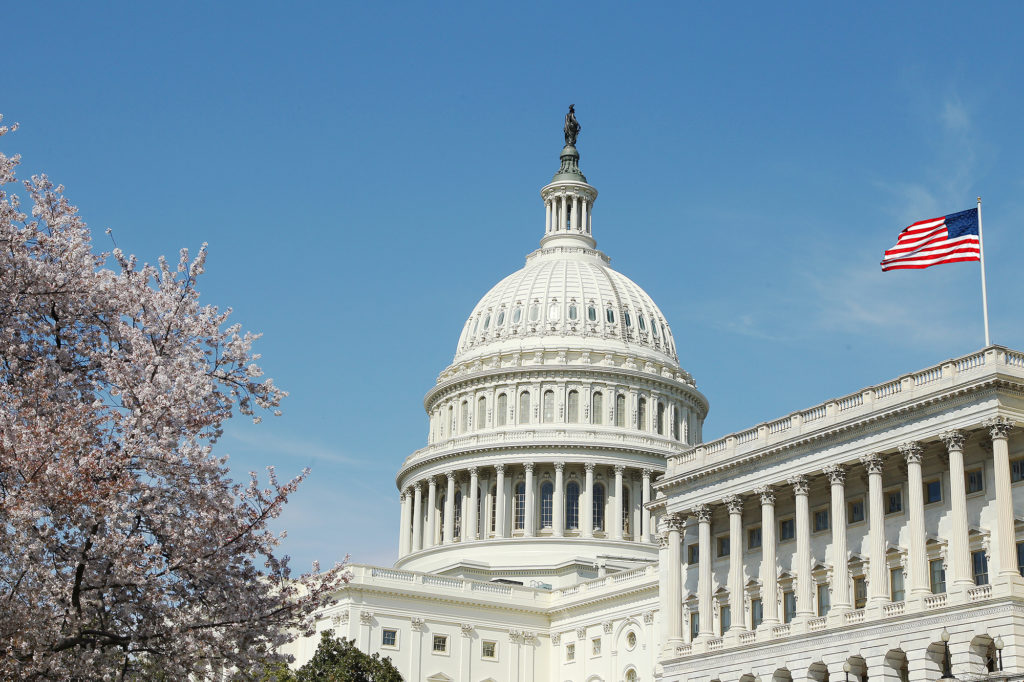
A pair of electric cooperative priorities have passed the U.S. House of Representatives and are headed to the Senate.
For the second time in less than two years, the House approved a measure that would make it easier for co-ops to maintain rights of way on federal lands. The Electricity Reliability and Forest Protection Act, H.R. 1873, cleared the chamber June 21 on a bipartisan 300-118 vote.
On June 20, the House passed legislation to provide more equitable treatment of nonprofits, such as co-ops, that own nuclear power projects. H.R. 1551, sponsored by Rep. Tom Rice, R-S.C., also eliminate the 2020 construction deadline for new nuclear power plants to be eligible for tax credits established under a 2005 law.
NRECA CEO Jim Matheson praised the House votes and said they represent important steps in helping co-ops to continue to provide affordable and reliable power to their members. He noted that both the nuclear tax credit legislation and vegetation management bill were spotlighted at this year’s NRECA Legislative Conference.
“Passage of this legislation demonstrates that co-op leaders from across the country make a difference when they come to Washington to meet with their elected officials,” he said. “We’re pleased that the House has approved these bills and look forward to advancing them in the Senate.”
The rights-of-way bill seeks to correct problems co-ops have had securing permits to control vegetative overgrowth and trees that can topple onto power lines, causing fires and outages.
Utilities could receive preapproval from federal agencies to remove trees that could affect transmission and distribution line rights of way instead of waiting for authorization. It shifts liability to federal agencies if they deny permission to manage vegetation and a fire ensues.
The bill includes a floor amendment supported by NRECA to ensure Interior Department staff involved in rights-of-way management issues are trained on how unmanned technologies can help identify and reduce wildfire risks.
The tax legislation would enable four reactors currently under construction to benefit from production tax credits beyond the current timetable. It also could help the development of small modular reactors, a technology option that interests some co-ops.
NRECA and other trade groups wrote House Speaker Paul Ryan and House Democratic Leader Nancy Pelosi on June 19, the day before the vote, urging favorable action on nuclear power as “a strategic national imperative.”
Steven Johnson is a staff writer for NRECA.